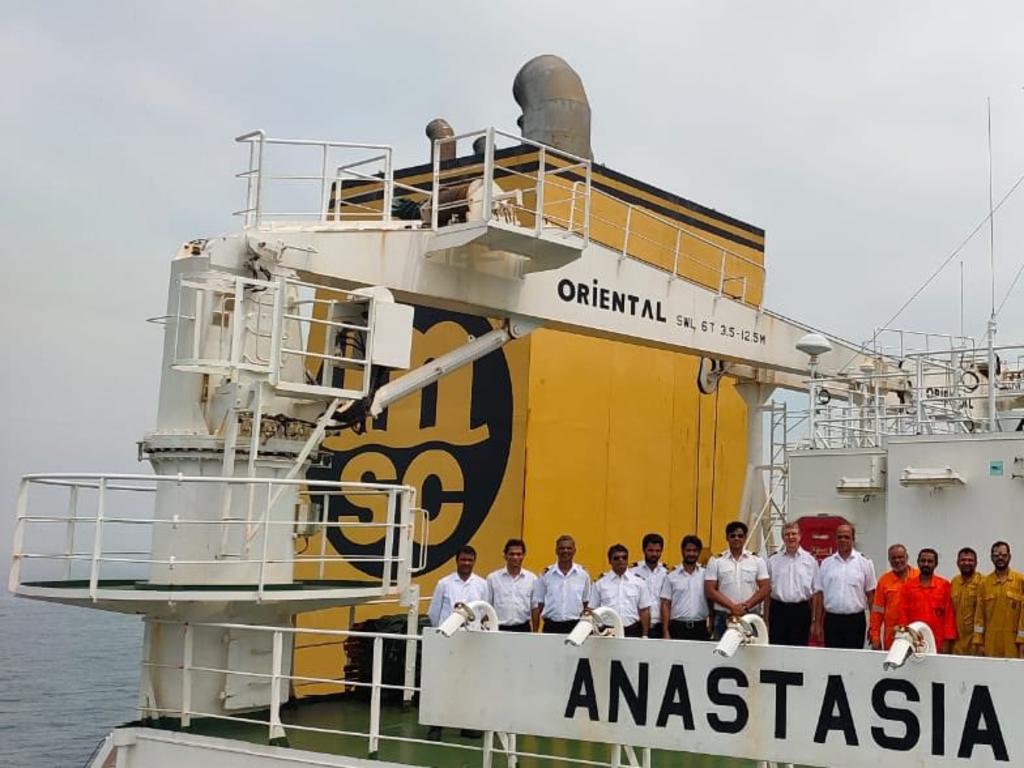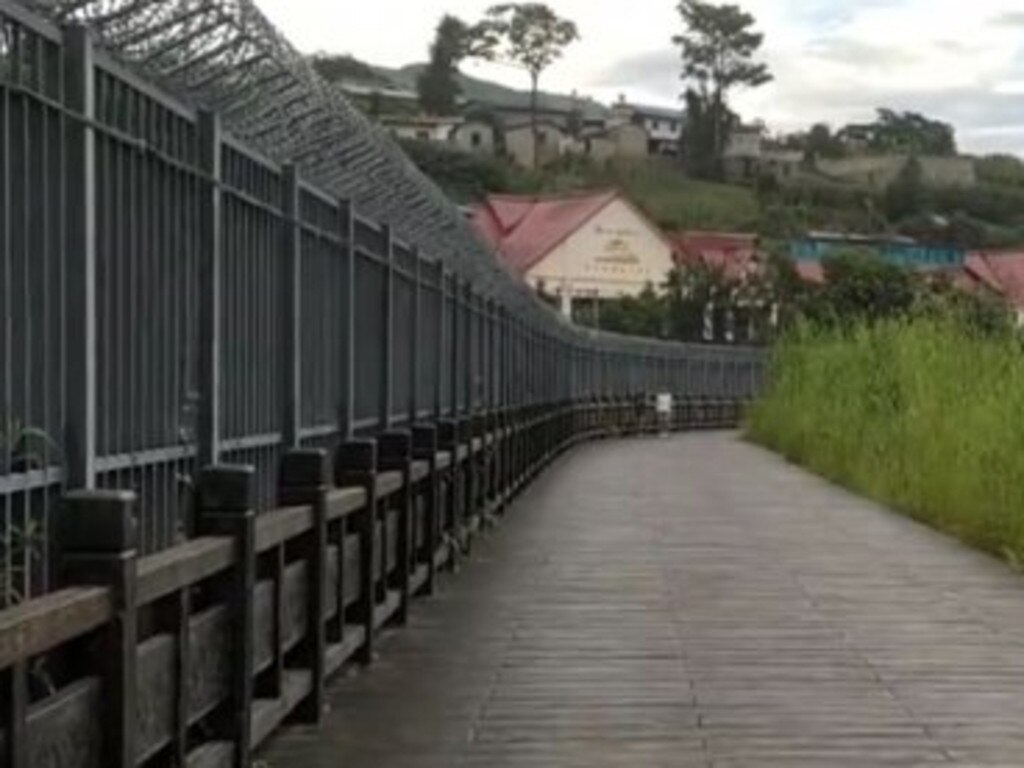Farmers fear the worst if WTO action against Beijing drags on
The government is confident it will win a WTO case against Beijing, but farmers fear the brawl will drag on for years.
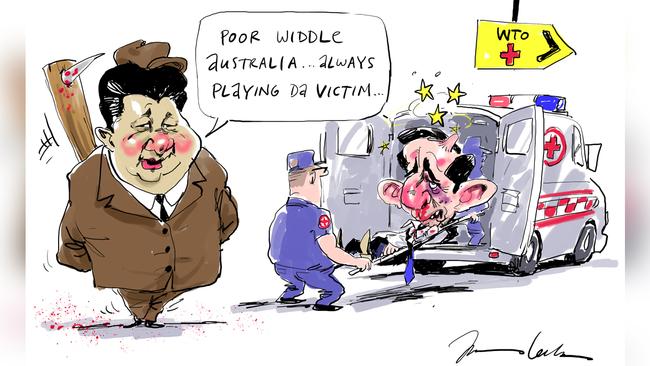
Farmers are bracing for a lengthy stand-off with China costing the sector $500m every year, despite the federal government’s confidence it will win a World Trade Organisation case against Beijing’s 80 per cent barley tariff.
Trade Minister Simon Birmingham said on Wednesday Chinese officials in Beijing, Canberra and Geneva had been told Australia would pursue the tariff with the WTO, amid a bruising eight-month trade skirmish that has now spread to more than $20bn of Australian goods, including coal and beef.
The government-backed case will ask Chinese authorities to demonstrate to the WTO that the tariff — imposed for five years in May, a month after the Morrison government enraged Beijing by calling for an inquiry into the origins of COVID-19 — was based on defensible evidence.
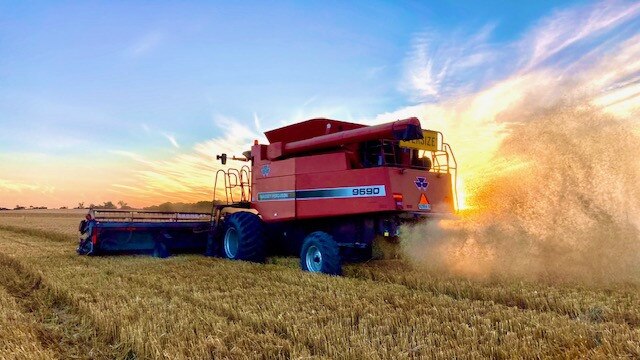
Beijing’s earlier justifications of the tariff — first threatened in late 2018, months after the government banned Huawei from its 5G network — included the claim farmers had been subsidised by government support for projects on the Murray-Darling. Almost 90 per cent of Australia’s barley is grown in Western Australia, more than 3000km away.
“They’re clutching at straws,” said an Australian government source familiar with the case lodged on Wednesday evening.
The industry’s peak body, GrainGrowers, said it backed the government’s decision.
“All we’re doing is saying, let’s get the umpire to look at whether the ball bounced in or out here,” GrainGrowers chief executive David McKeon said.
However, the industry is concerned the case will drag on for years, reducing the premium on Australian barley as it is sold at a discount as feed for lambs in Saudi Arabia, and for livestock food in other markets, rather than going into beer at Tsingtao and other Chinese beer breweries.
“The problem isn’t finding a buyer — it’s finding a buyer that will pay a premium for Australian barley,” Mr McKeon said.
Modelling done by the grain industry’s peak body said the impost was costing Australian barley farmers $500m a year, or $2.5bn over the five-year lifespan of the Chinese tariff.
The restrictions were imposed after a hasty investigation by the Ministry of Commerce used Egyptian barley prices and China’s own uncompetitive local barley growers as benchmarks to allege Australian producers were selling into China at a loss.
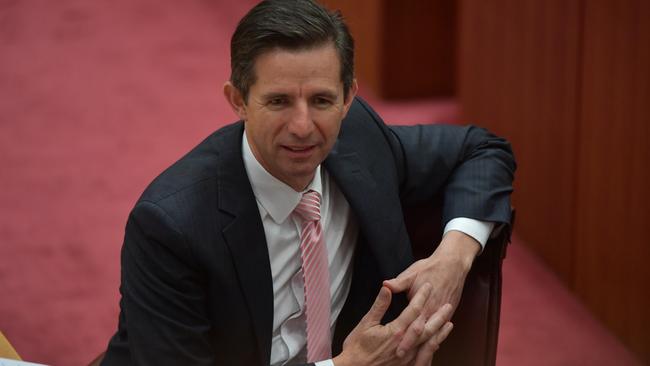
Opposition trade spokeswoman Madeleine King said she supported the government’s decision, but warned that the ongoing tensions with China were putting billions of dollars in trade and thousands of Australian jobs at risk. “Labor again calls on the government to come up with a genuine plan to make trade diversification a national priority,” she said.
Some farmers have privately complained that the government’s legal case would further provoke Australia’s biggest trade partner, which frequently uses economic coercion in its political disputes.
Senator Birmingham said Australia had taken a similar WTO action against India over the sugar industry and repeated an offer for China to use the trade organisation’s 60-day mediation stage as an “off ramp”. “Australian industry should see this as being about Australia defending the values, operation and interests of Australian producers, but doing so in a calm, methodical and careful manner,” he said.
As Australian diplomats alerted their Chinese counterparts on Tuesday evening about the impending WTO case, China’s foreign ministry spokesman Wang Wenbin claimed to be unaware about an all-but-official ban on Australian coal.
In Beijing’s first comments on the widely reported ban, Mr Wang accused Australia of casting itself as a “victim, pointing an accusing finger at China”. “This move is meant to confound the public and we will never accept it,” Mr Wang said.
The National Development and Reform Commission, China’s top economic planning agency, gave approval for clearance restrictions to be removed from coal imports from all countries except Australia, according to state-controlled media. Trade law experts said the black-listing of Australian coal would be a clear breach of discrimination of the WTO’s provisions even it a ban was never formalised.
“The most favoured nation provision means that countries must treat every other WTO member equally,” said Imogen Saunders, an international law researcher at the Australian National University.
Mr Wang said the Australian government was in breach of its free trade agreement with China, citing rejections of Chinese investment in Australian-based companies and the launching of 106 anti-dumping and anti-subsidy investigations against China.
“In fact, it is the Australian side that has been politicising economic, investment and technological issues, and discriminating against Chinese companies in violation of market economy principles and international trade rules,” Mr Wang said.



